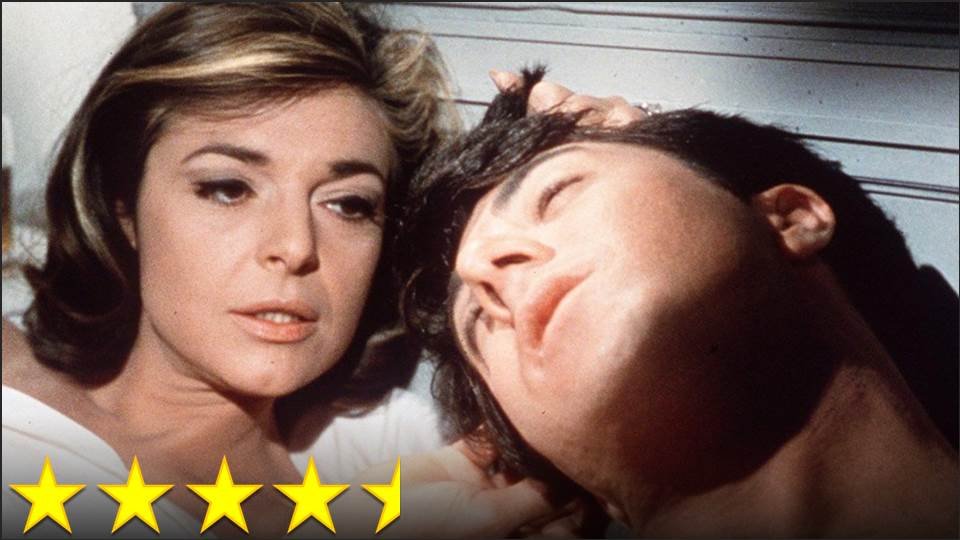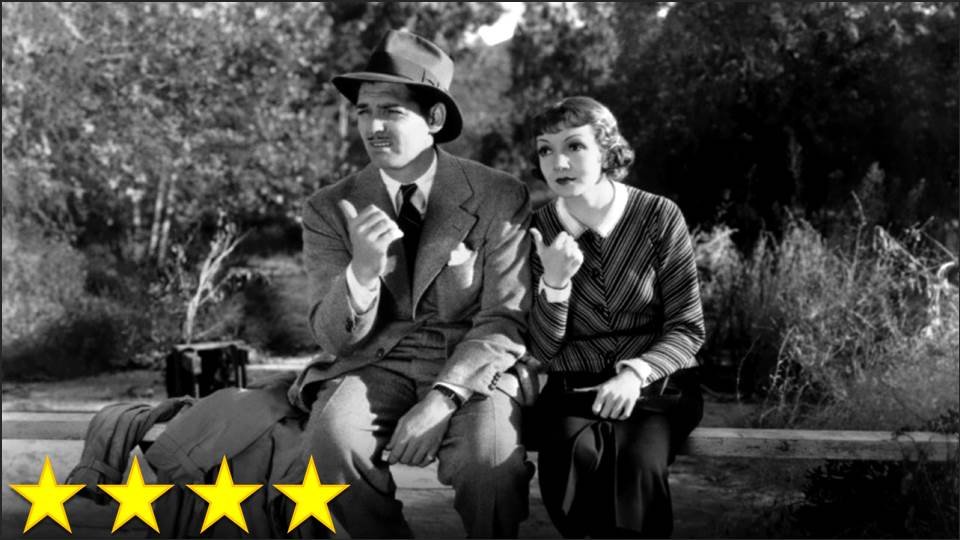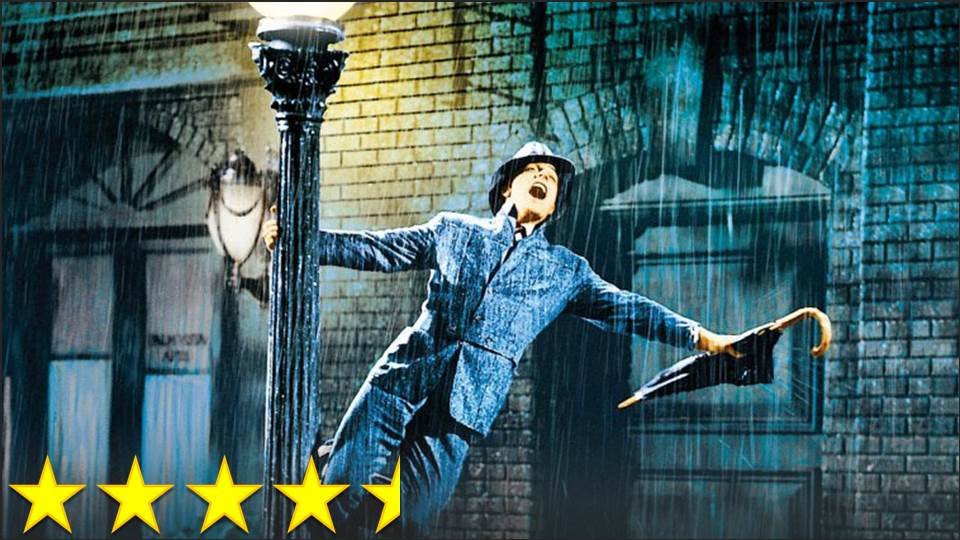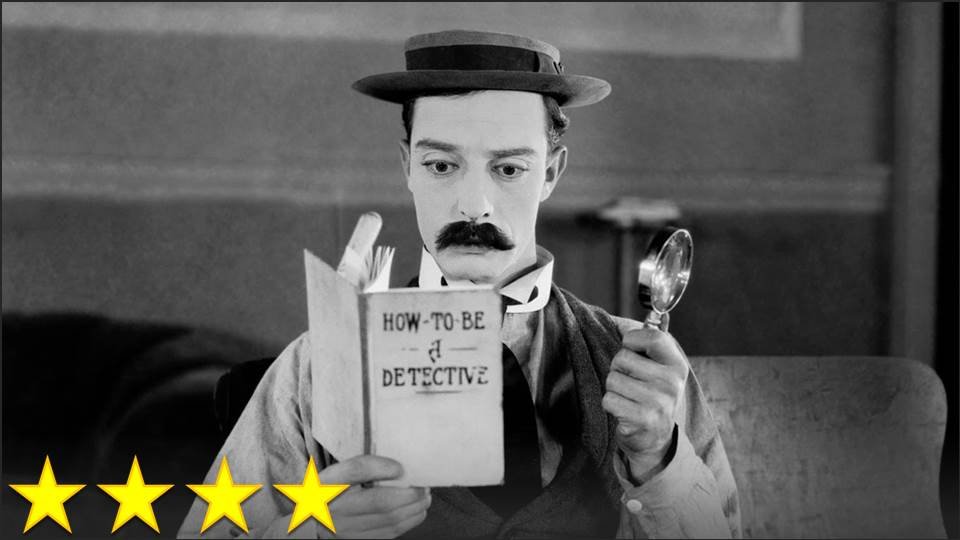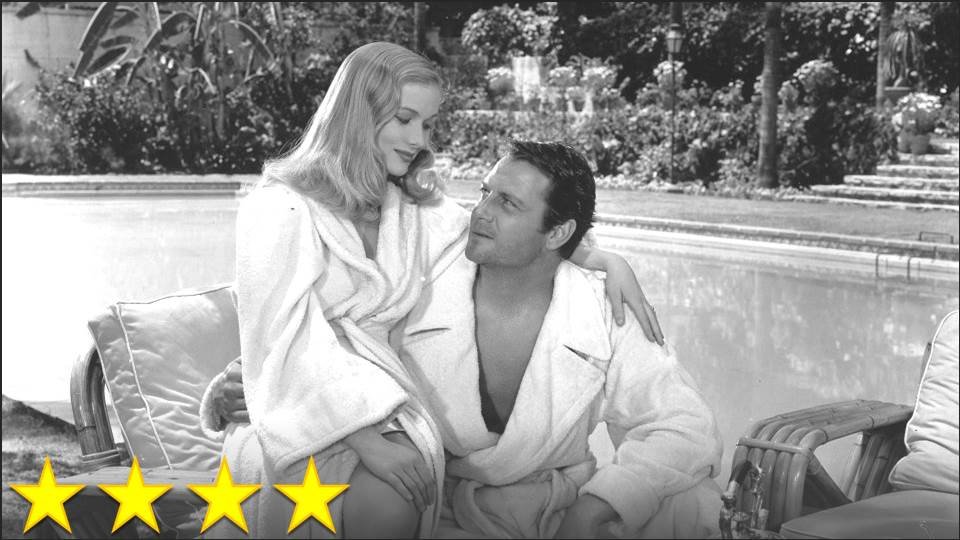NOTE: This is an amendment to a previous review of the same film.
I’m a little bit surprised to say that this film is better on its second viewing, but not too surprised. I think sometimes it helps to “get used to” a film’s essence, or a film’s ending, in order to appreciate the film’s greatness. The interesting thing about The Graduate is how well it works as both a comedy and a drama. The tone of the film can be described as such: imagine if a filmmaker told his actors in secret that they were making a comedy film, but told the cinematographer and camera crew that he was trying to make a drama, and then tried to see how long they could make the comedy before anyone figured out it wasn’t a drama. That’s the feeling of The Graduate, and while other dramedies have often gone for a similar effect, The Graduate is the film that pulls it off, perhaps because of its playful style. Mike Nichols seems to become the seducer himself, baiting the viewers in with comedy, but manipulating and emasculating them all the while. Nichols understands that people often laugh when they are vulnerable, and the brilliance of this film is its ability to use the drama to make the audience vulnerable enough for its comedy to be effective. The drama and the comedy both play on the same discomfort – a fear of a sort of castration – which may make it a great drama for male viewers, but also establishes the film as being almost exclusively for men because of its constant focus on the American male experience.
I’d like to take the time to systematically go through the ways in which the film explores the anxieties of the young American male, but before I get to the sexual side of this issue, I’ll start with the “formal” aspects. What I mean by “formal” in this case is the use of traditional models of the successful American man to form oneself into this ideal image. The typical image of the young person of the late 1960s involves a very passionate, driven person who aims to change the world by screaming in the streets while holding a cardboard sign, but this film presents a later view of the essence of the college kid – a spaced out, zoned-out, dazed haze. The film tells us that he has been a successful undergrad student with seemingly good grades and a potential future in graduate school, and has also been a track star and was very well-liked in college, yet he has no idea what he wants to do with his life, no satisfaction from what he’s done so far, and is completely lacking in ambition. Even for someone like me, a very ambitious person with big goals in life and concrete ideas for achievements I’d like to make in my career, this is still relatable because of how difficult it was for me to choose a college, a place to live, and so on. Mr. Robinson tells Ben that he wishes he could be young again, buying into the idea that “these are the best years of your life” (not the character’s exact words, but similar) and that people in college have a special freedom of choice. This film shows that notion to be faulty, instead showing how being in one’s early twenties is a perfect example of the Kierkegaardian idea of being “lost in the infinite” – having too many choices to be able to make a good one.
What makes this matter so stressful is that he must make a choice. The fact that he has such a bright future ahead of him forces him to live up to the image of the bright future. The fact that he is smart means he must continue to be smart, and the fact that he is handsome means that he must marry someone beautiful, and the fact that he has studied at a good college means his next college must be better, and the fact that his parents are wealthy means that he must find a great job, and so on and so forth. When most people think of encouragement and parental pride as something positive, this film’s thesis is that his parents’ bragging not only sets extremely high expectations for him to constantly hope he can attain, but also leaves him out of the process of forming his identity, making it no surprise that he lacks vision and drive. Every success he has and every compliment he receives becomes another picket in the fence that’s closing the young man into his ever-shrinking pen. This film, perhaps like The Breakfast Club, tries to recognize the paradox in that what America calls personal growth is actually an experience of personal compression – society squeezing its youth into a narrow mold. Being the perfect kid is revealed to be both incarcerating and distancing, as one comes to look at oneself as an image formed in the minds of others that is separate from the autonomous self, but has unfortunately replaced the self as the newly formed identity.
After considering how the film has depicted the daily anxieties of the young male, one must then consider how it depicts the nightly anxieties of the young male – the Freudian nightmare. Everything that Mrs. Robinson does serves to make her absolutely terrifying to the young male viewer. While I know it’s generally bad form to use the word you in an essay, I must ask you to make this story as personal as possible and put yourself in Ben’s shoes: a woman who looks like your mother and has known you since you were a small child tricks you into going with her into her house, blocks the door so you cannot avoid seeing her naked body, tempts you into an ongoing secret affair with her, makes you look like an unintelligent fool, challenges your experience and ability to perform adequately in sex, ruins your relationship with your newfound love, calls the police on you, convinces everyone that you raped her, sics her husband on you, and finally marries your lover off to another man. Ben is tricked, trapped, used, patronized, and ultimately framed. The audience is inclined to celebrate when he still wins the day and gets the girl, but the ending shows that Ben has woken up from his nightmare only to find himself back in the anxiety of his daily life – his lack of identity and future.
The film’s only focus is on intensifying these anxieties, and the film’s strength is creating the feeling that Mrs. Robinson is holding a giant pair of scissors just under the viewer’s balls. The film obsesses on this theme almost to a fault, as the film is happy to leave plot holes and skip important parts of the story just to get back to the scenes that showcase anxiety. The film does not show how, why, or when Ben came to love Elaine and find her to be the only person he could talk to, as the movie even goes so far as to cut out the audio in one of their few on-screen moments of romantic conversation, as if to hold up a sign for the audience that the romance is not what the viewer is supposed to care about. Nichols even went so far as to give the audience no indication of how Ben escapes the police who arrive at Robinsons’ house to arrest him – a scene that one would think is fairly important – and yet he sees no problem in including two musical montage sequences in a row that are nearly identical, seemingly just because they stay on point with his thesis. His aggressive focus on the male experience can also have the effect of alienating female audiences, since the story does not play to their interests or anxieties as much, and the drama of Elaine’s life (finding out that her ex-boyfriend raped her mother and has now followed her to her college) is almost entirely overlooked. Still, it uses its topical conservatism to its advantage by making the most of what it does explore, with a visual style that is adamant on making Ben seem as blocked and confined as possible for the majority of the film’s shots. In a way, however, one would expect the cinematography to focus less on a claustrophobic effect and more on a dizzying effect, since the film’s thesis can be summed up with one great quote from Søren Kierkegaard: “Anxiety is the dizziness of freedom.”
